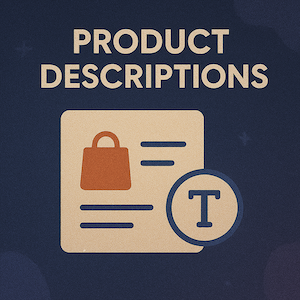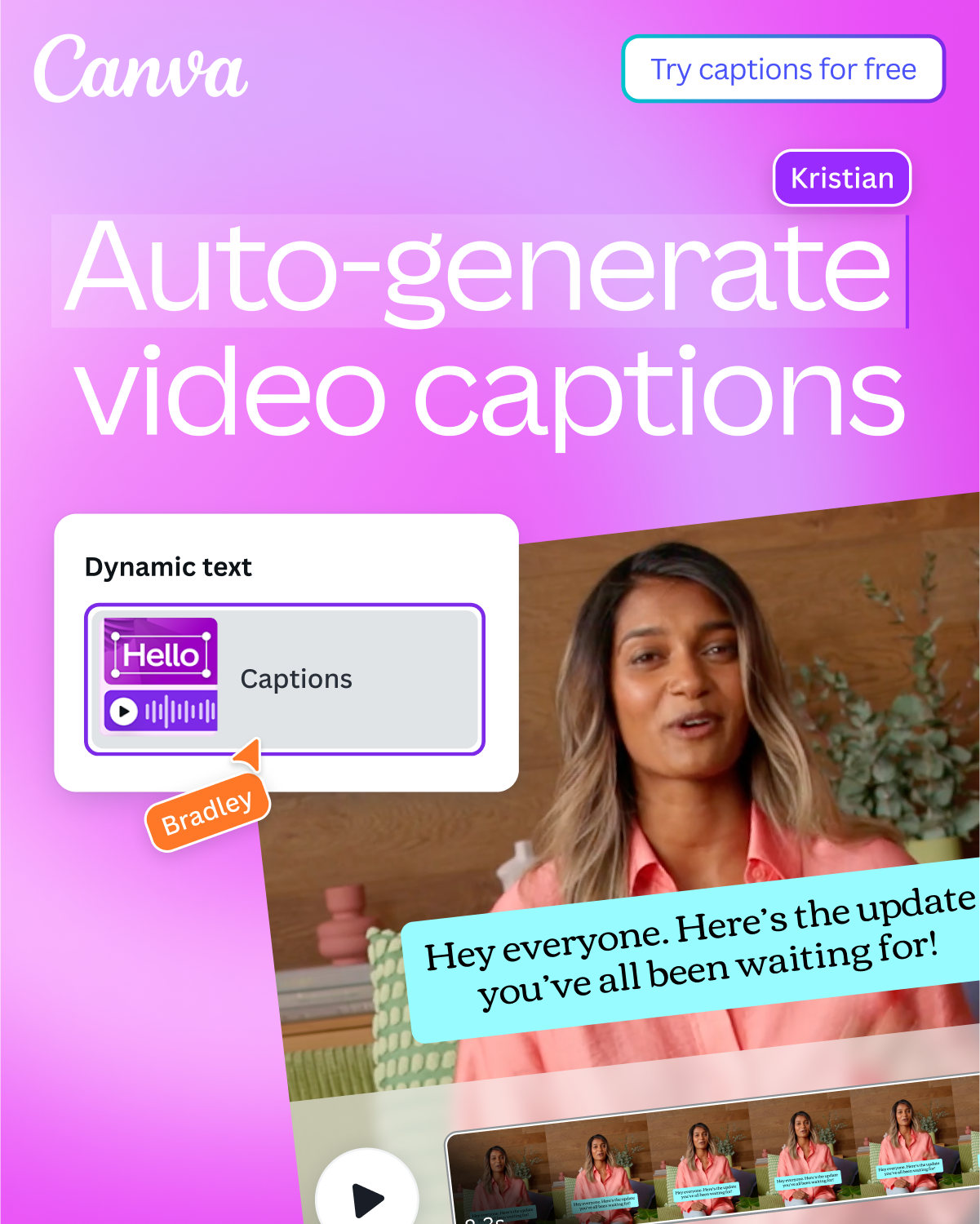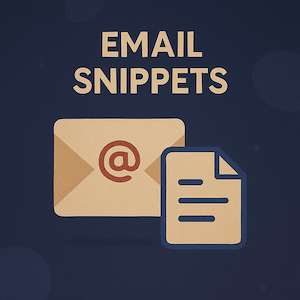Why AI Video is Revolutionizing Business Marketing
Video has long been the most engaging content format for businesses, but traditional video production comes with significant challenges: high costs, long production timelines, and complex logistics. AI video generation is changing this paradigm, making high-quality video content accessible to businesses of all sizes.
Reduced Production Costs
Create professional-quality videos at 10-20% of traditional production costs, enabling more content with the same budget.
Accelerated Production Time
Generate videos in minutes or hours instead of weeks, allowing for rapid testing and iteration.
Unlimited Iterations
Test multiple versions, styles, and messaging without additional shooting costs.
Increased Engagement
Businesses using AI video report up to 300% higher engagement compared to static content.
Key Business Applications for AI Video
AI-generated videos can enhance virtually every aspect of your business marketing and communication strategy:

Product Demonstrations
Showcase products from multiple angles and in various scenarios without physical photoshoots. Ideal for e-commerce, SaaS demonstrations, and feature updates.

Social Media Content
Create platform-optimized videos for LinkedIn, Instagram, TikTok, and more. Generate multiple variations to test engagement across different audience segments.

Training & Onboarding
Develop engaging training materials and onboarding experiences that can be easily updated as processes evolve, without reshooting entire sequences.

Email Marketing
Boost email engagement by incorporating video thumbnails or GIFs that link to full AI-generated videos, increasing click-through rates by up to 300%.
AI Product Demonstration Case Study
TechGadget Inc. - AI Product Demo
Challenge:
TechGadget needed to showcase their new smartwatch from multiple angles and in various usage scenarios, but faced budget constraints for a traditional video shoot.
Solution:
Using Compeller AI, they created a 45-second product demonstration video showing the smartwatch in multiple real-world scenarios (fitness tracking, notification handling, sleep monitoring) without physical production.
Process:
- Started with high-quality product photos as reference images
- Generated multiple scenes showing the product in different contexts
- Added text overlays highlighting key features
- Created a cohesive narrative structure with smooth transitions
Results:
- Production Cost: $1,200 (vs. $15,000 quoted for traditional production)
- Production Time: 3 days (vs. 4 weeks for traditional video)
- Conversion Rate: 24% increase in product page conversions
- Marketing Flexibility: Created 5 variations for different marketing channels using the same budget
Calculating ROI for AI Video Production
Understanding the return on investment for AI video production can help justify the transition from traditional video marketing approaches. Here's a simplified calculation framework:
ROI Formula for AI Video Implementation
ROI = (Value of Benefits - Cost of Implementation) / Cost of Implementation Benefits to Include: 1. Direct cost savings compared to traditional production 2. Revenue increase from higher conversion rates 3. Time-to-market value (getting content live faster) 4. Value of increased content volume and testing capabilities 5. Reduced risk (ability to test concepts before full investment)
ROI = (($72,000 savings + $120,000 additional revenue) - $6,000 costs) / $6,000 = 31x return on investment
Implementing AI Video in Your Business: Step-by-Step Guide
Start with a Pilot Project
Begin with a single, defined video project with clear success metrics. Product demonstrations, explainer videos, or social media content are ideal starting points.
Select the Right AI Video Platform
Different platforms excel at different business use cases. For product content, Runway or Compeller AI are excellent choices. For social media content, Pika Labs often provides the best balance of quality and speed.
Create Brand-Specific Prompt Libraries
Develop standardized prompt components that ensure visual consistency with your brand guidelines (colors, styles, tone, etc.).
Develop an Integration Strategy
Plan how AI videos will integrate with your existing marketing channels, CRM, and content management systems.
Measure Performance & Iterate
Implement robust tracking to compare AI video performance against traditional content across key metrics (engagement, conversion, cost-effectiveness).
Scale Successful Approaches
Once you identify which AI video strategies drive results, systematize the production process and expand to additional business areas.
Best Practices for Business AI Video Production
1. Maintain Brand Consistency
Develop a "brand prompt library" with standard descriptors for your brand's visual identity. Include color palettes, stylistic elements, tone, and visual motifs that align with your brand guidelines.
"... corporate modern aesthetic with a blue and white color scheme, clean minimalist design, soft ambient lighting, professional and optimistic atmosphere ..."
2. Focus on Clear Messaging
AI-generated videos work best when they support straightforward messaging. Complex narratives can be challenging, so structure your videos around 1-3 clear key points per segment.
3. Leverage Existing Assets
Incorporate your existing product photography or brand imagery as reference images for image-to-video generation to improve visual accuracy and brand alignment.
4. A/B Test Video Variations
Leverage the low production cost to create multiple versions of your videos with different visual styles, lengths, or messaging emphasis to determine optimal performance.
5. Optimize for Platform-Specific Requirements
Different platforms have unique specifications and audience expectations. Tailor your AI video approach accordingly:
Frequently Asked Questions: AI Video for Business
How much does AI video production cost for businesses?
The cost structure for business AI video production typically includes:
- Platform Subscription: $20-500/month depending on features and generation volume
- Per-Video Costs: $0-50 per generation depending on length, quality, and complexity
- Post-Production: Optional costs for professional editing or audio integration
For most small to medium businesses, a total monthly investment of $100-300 can support a robust AI video strategy. Enterprise implementations with custom integration may range from $1,000-5,000 monthly.
This represents approximately 10-20% of the cost of equivalent traditional video production, which typically starts at $5,000-10,000 for a single professional marketing video.
Can AI videos replace professional video production entirely?
While AI video technology has advanced significantly, it's best viewed as a complement to traditional video production rather than a complete replacement. Consider this approach:
- AI Video Best For:
- High-volume content needs (product demonstrations, social media)
- Testing concepts before investing in full production
- Rapid response marketing (trending topics, time-sensitive announcements)
- Content requiring frequent updates
- Traditional Video Best For:
- Brand cornerstone content (main brand videos, major campaigns)
- Complex storytelling requiring nuanced performance
- Content featuring real people from your company
- Situations requiring complete control over every visual detail
A hybrid approach often yields the best results: using AI for volume and testing, while investing in traditional production for cornerstone content.
How do I ensure my AI videos maintain my brand identity?
Maintaining consistent brand identity in AI-generated videos requires strategic planning:
- Create Brand Style Guides for AI: Develop detailed written descriptions of your visual brand elements (colors, typography, imagery style, tone) specifically formatted for AI prompting.
- Use Reference Images: Provide existing brand assets as starting points for image-to-video generation.
- Develop Prompt Templates: Create standardized prompt components that consistently produce on-brand results.
- Post-Production Consistency: Apply consistent lower thirds, logo treatments, and text formatting in post-production.
- Team Training: Ensure anyone creating AI videos understands your brand guidelines and prompt structure.
The most effective approach is creating a "brand prompt library" - a collection of pre-tested prompt components that reliably produce on-brand visual results. This ensures consistency even when different team members are creating content.
What legal considerations should businesses be aware of with AI-generated videos?
Businesses should be attentive to several key legal considerations when implementing AI-generated videos:
- Terms of Service: Ensure your subscription level includes commercial usage rights for generated content.
- Copyright Considerations:
- Avoid prompting for specific copyrighted characters, brands, or designs you don't own.
- Be cautious with style references that might infringe on protected intellectual property.
- Understand that AI platforms may have different policies regarding IP rights in generated content.
- Disclosure Requirements: Some jurisdictions are beginning to require disclosure when AI-generated content is used in commercial contexts.
- Music and Audio: Ensure any music or audio elements used have appropriate licensing for commercial use.
- Misrepresentation: Avoid creating AI videos that could reasonably mislead consumers about products, services, or endorsements.
As best practice, maintain transparency with your audience about AI-generated content, particularly for business and marketing applications. This builds trust and helps future-proof your content against evolving disclosure regulations.
Which industries are seeing the best results with AI video marketing?
While AI video can benefit virtually any industry, several sectors are seeing particularly strong returns:
- E-commerce: Product demonstrations, 360° views, and usage scenarios have shown conversion increases of 25-40% compared to static images.
- SaaS and Technology: Product demonstrations, feature updates, and explainer videos can be created and updated rapidly as software evolves.
- Real Estate: Property visualization, neighborhood showcases, and virtual staging have significantly reduced production costs.
- Education and Training: Instructional content can be created at scale with significant cost savings over traditional production.
- Finance: Concept explanation videos and market updates can be produced quickly in response to market changes.
- Healthcare: Patient education materials and procedure explanations can be created with appropriate visualizations without extensive filming.
Industries with frequently changing products, complex concepts that benefit from visualization, or high content volume requirements typically see the strongest ROI from AI video implementation.
Ready to Transform Your Business Marketing with AI Video?
Start your journey with AI video generation and discover how it can revolutionize your marketing efficiency, engagement, and ROI.